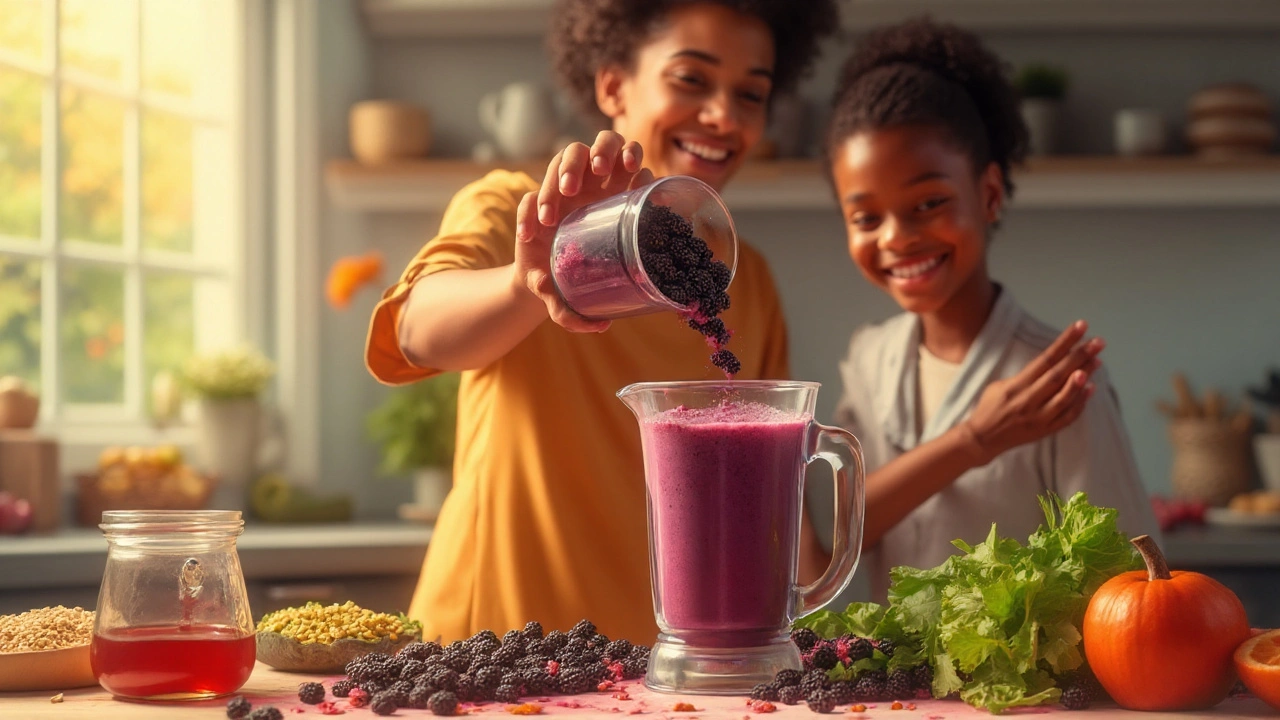Antioxidants: What They Are and Why You Need Them
Ever wonder why doctors keep talking about "antioxidants"? In plain terms, they are molecules that stop harmful chemicals called free radicals from damaging your cells. When free radicals run wild, they speed up aging, spark inflammation, and can spark chronic diseases. Adding antioxidants to your diet is like giving your body a built‑in cleanup crew.
Free radicals are produced naturally—think of them as the exhaust from a car engine. Exercise, pollution, smoking, and even too much sugar can boost their numbers. The more free radicals you have, the more stress your cells feel. Antioxidants neutralize them, keeping your body running smoother.
Top Food Sources of Antioxidants
Instead of hunting down a fancy pill, start with real foods. Berries (blueberries, strawberries, raspberries) pack a punch of vitamin C and anthocannins. Dark leafy greens like spinach and kale bring in lutein and beta‑carotene. Nuts and seeds—especially walnuts and sunflower seeds—offer vitamin E and selenium.
Whole grains aren’t left out. Barley, for example, contains beta‑glucan, a fiber that also works as an antioxidant. Green tea, coffee, and even dark chocolate give you flavonoids that protect heart cells. Adding a handful of these items to daily meals can raise your antioxidant score without extra effort.
Choosing Antioxidant Supplements Wisely
If you find it hard to eat enough antioxidant‑rich foods, a supplement can help. Look for products that list the exact amount of active ingredients—vitamin C (500 mg or more), vitamin E (200 IU), or a blend of phytochemicals like resveratrol. Check if the brand follows Good Manufacturing Practices (GMP) and has third‑party testing.
Don't assume more is better. Very high doses of some antioxidants, especially vitamin E, have been linked to bleeding problems. Stick to the recommended daily values unless a doctor tells you otherwise.
For most people, a balanced diet provides enough antioxidants. Use supplements as a backup when your diet falls short—like during a busy work week or if you travel to places where fresh produce is scarce.
Remember, antioxidants work best when paired with a healthy lifestyle. Regular exercise, adequate sleep, and stress management all keep free radical production in check. So, next time you plan a meal, aim for a colorful plate: a splash of berries, a side of greens, a sprinkling of nuts, and maybe a cup of green tea. Your cells will thank you.

Black Mulberry: The Secret Superfruit for Optimal Health
Sep 21 2025 / Health and NutritionDiscover how black mulberry's unique blend of antioxidants, fiber, and vitamins can boost heart health, balance blood sugar, and nourish your gut for overall wellness.
VIEW MORE